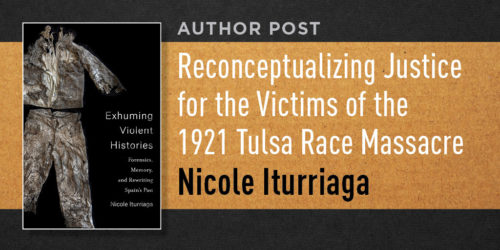Theodore C. Sorensen
We were saddened to hear of the death of Theodore Sorensen, a counselor to John F. Kennedy, who according to the New York Times “did much to shape the president’s narrative, image, and legacy” and was the president’s “brilliant alter ego.”
In 2005, we were fortunate enough to publish a reissue of his book Decision-Making in the White House: Olive Branch of the Arrows, which was based on lectures he gave in 1963 while working in the Kennedy administration. (To browse the entire book.) In these famous lectures, Sorensen draws on his firsthand experiences in the Kennedy White House to analyze the political and personal dimensions of presidential decision-making and the necessary attributes of an effective leader. In particular, Sorensen emphasizes knowing and remaining open to all options; the need to make an informed, prudent, and resolute choice; the importance of avoiding any appearance of deception; and the necessity of understanding decisions made by past presidents and recognizing the limitations of presidential power.
We were struck by the degree to which Sorensen’s views were as apt for the present as they were some forty years ago. The implications of his lectures were brought into greater relief by his new preface to the 2005 edition that explored the differences between the very different decision-making styles of George W. Bush and John F. Kennedy.
Sorensen cites three major differences between the styles of Bush and Kennedy relating to options, facts, and history. Sorensen writes:
The most striking difference between the Kennedy approach to decision making reflected in my book and the George W. Bush approach in recent years was Kennedy’s insistence on knowing, reviewing, and preserving all of his options when presented with a crisis or other major decision. I note in the book, with respect to the Cuban Missile Crisis, for example that the president wanted to canvass “every solution or combination of solutions,” each to be fully examined and its disadvantages weighed…. This contrasts sharply with President Bush’s approach to Iraq, in which he apparently rejected any consideration of multilateral, diplomatic, or other answers in favor of a unilateral preemptive military invasion….
Finally, here is John F. Kennedy’s own assessment of the book from his 1963 foreword:
The author of this book has been an astute and sensitive collaborator in the presidential enterprise. Few writers have isolated the elements in presidential decision with such perception and precision. There will always be the dark and tangled stretches in the decision-making process—mysterious even to those who may be most intimately involved—but Mr. Sorensen … has helped illuminate the scene with skill and judgment…. I am sure his work will become a permanent addition to the small shelf of indispensable books on the American Presidency.



